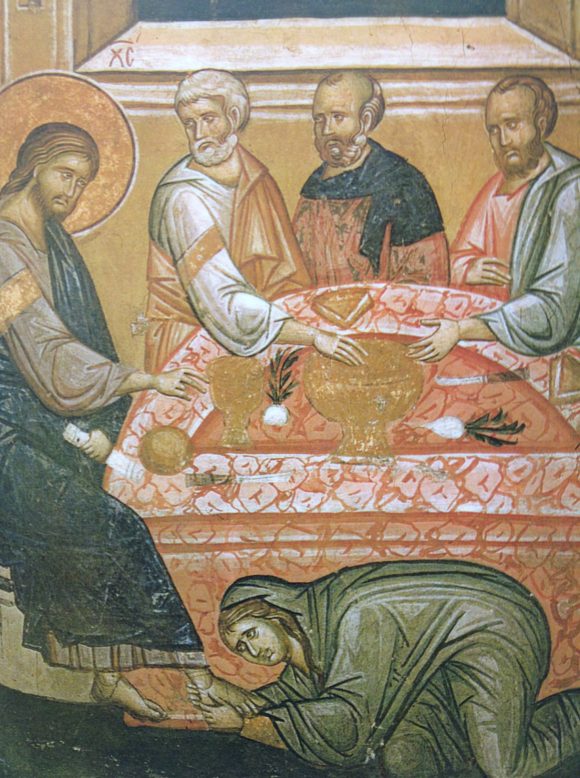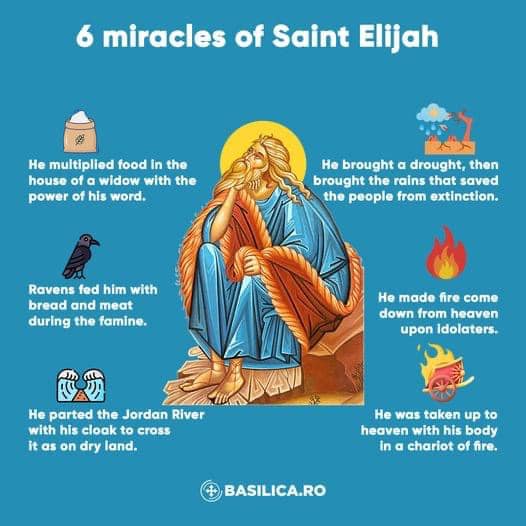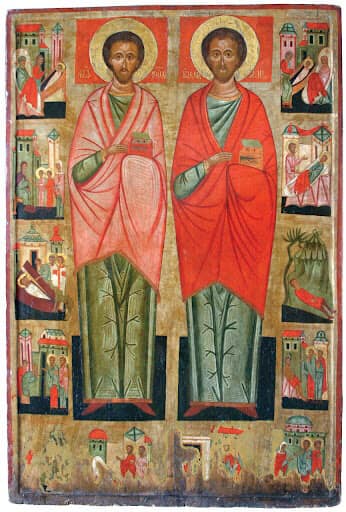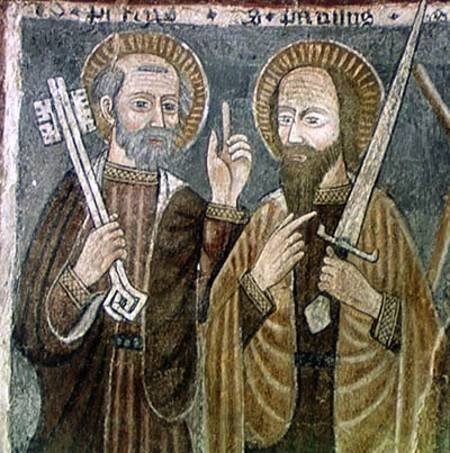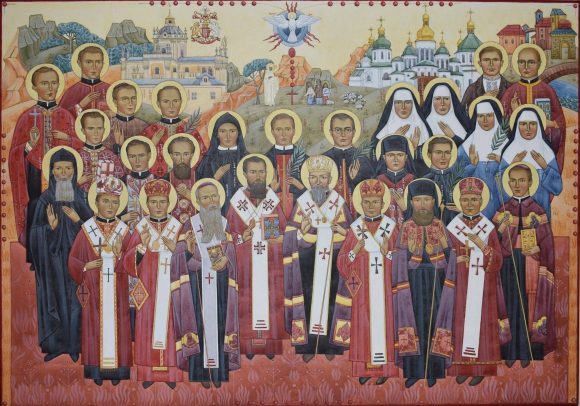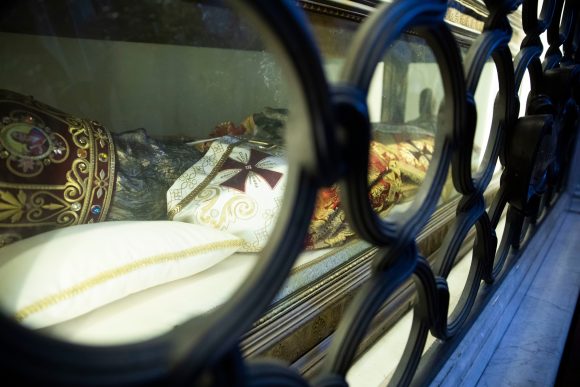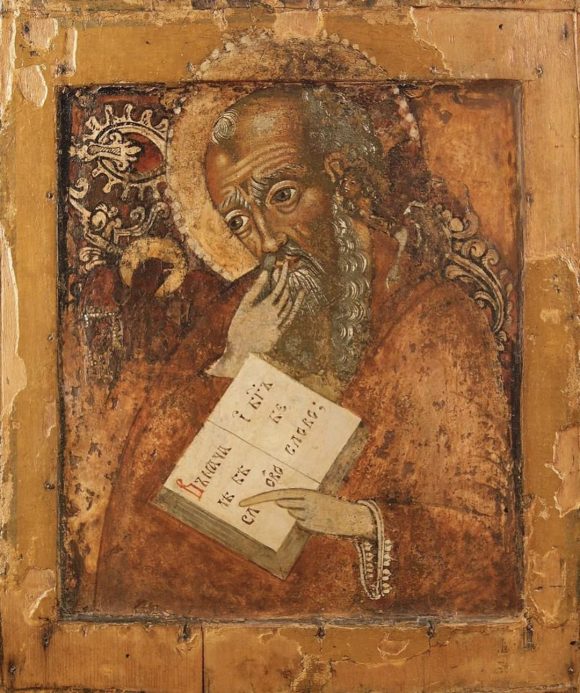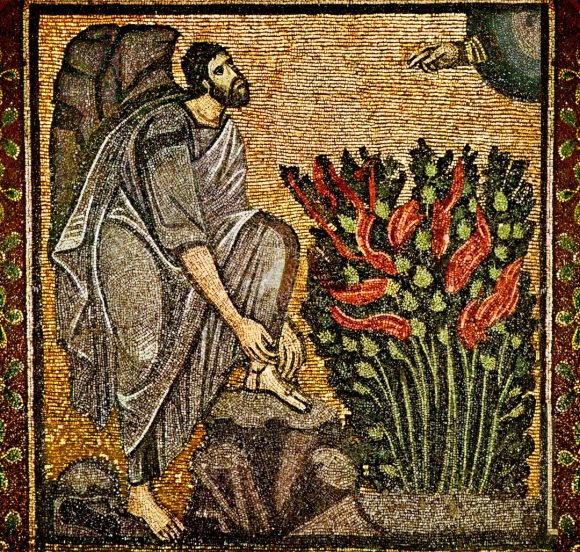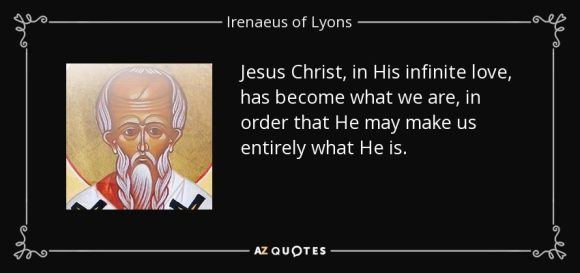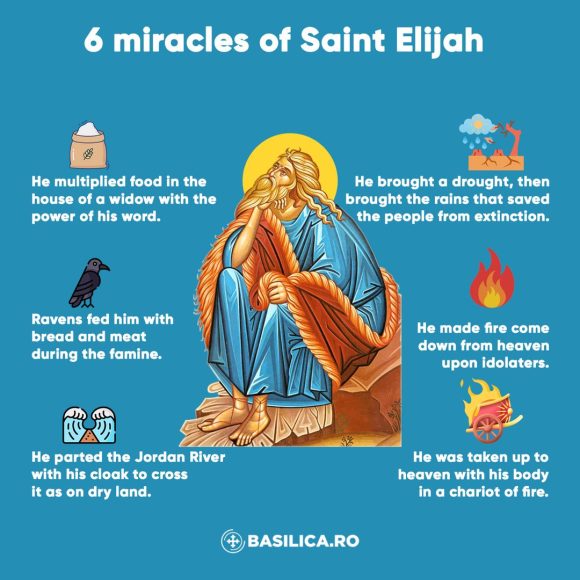Today, the Church honors the Myrrh-bearer and Equal of the Apostles, Mary Magdalene, a woman of “firsts” and who conveyed hope in a dark world.
“O Mary Magdalene, you were the first to witness the divine Resurrection of the First Cause of all good things, who has compassionately deified our nature; and you were the first to be the herald of the good news to the Apostles, crying out to them: Lay aside your sadness! Receive great hope instead! Come and see the risen Christ who grants the world great mercy! (Doxasticheron, Tone 6, at Psalm 140)
From the Prologue from Ochrid, we read:
One of the myrrh-bearing women, and equal to the apostles, she was born in Magdala by the Lake of Gennesaret, of the tribe of Issachar. She was tormented by seven evil spirits, of which she was freed and healed by the Lord Jesus. She was a faithful follower and servant of the Lord during His earthly life, and also stood beneath the Cross on Golgotha and lamented bitterly with the most holy Mother of God.
After the Lord’s death, she visited His tomb three times; and when He rose again, she saw Him twice, once alone and the other time with the other myrrh-bearing women. She travelled to Rome, went before Tiberias Caesar and presented him with a red egg, greeting him with the words: ‘Christ is risen!’ At the same time, she denounced Pilate to Caesar for his unjust condemnation of the Lord Jesus. Caesar listened to her, and moved Pilate from Jerusalem to Gaul, where this unjust judge died under imperial displeasure after a terrible illness.
After that, she returned from Rome to Ephesus, to St John the Theologian, whom she helped in his task of preaching the Gospel. With great love for the risen Lord and with great zeal, she proclaimed the holy Gospel as a true apostle of Christ. She died peacefully in Ephesus and was buried, according to tradition, in the same cave in which the seven young men (see August 4th) had been in a charmed sleep for a hundred years. They came to life, and then died. St Magdalene’s relics were then taken to Constantinople. Near the Garden of Gethsemane, there is a beautiful church dedicated to St Mary Magdalene.
